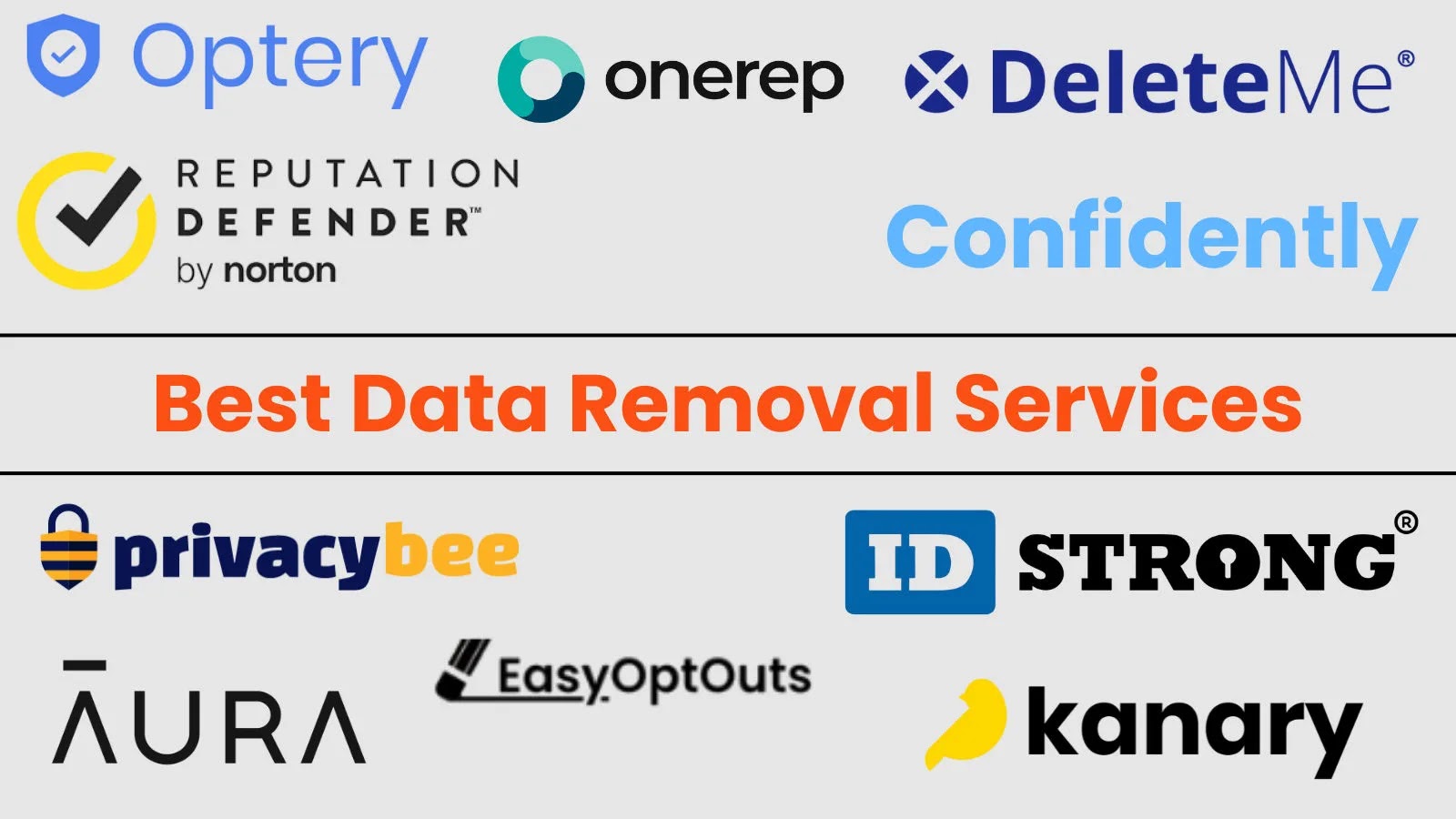The U.S. Cybersecurity and Infrastructure Security Agency (CISA) has recently added a critical security vulnerability affecting the Sudo command-line utility to its Known Exploited Vulnerabilities (KEV) catalog. This flaw, identified as CVE-2025-32463 with a CVSS score of 9.3, is actively being exploited in the wild, posing significant risks to Linux and Unix-like operating systems.
Understanding the Vulnerability
Sudo is a fundamental utility in Unix and Linux systems that allows users to execute commands with the security privileges of another user, typically the superuser. The vulnerability in question, CVE-2025-32463, affects Sudo versions prior to 1.9.17p1. Discovered by Stratascale researcher Rich Mirch in July 2025, this flaw enables local attackers to exploit Sudo’s `-R` (or `–chroot`) option to execute arbitrary commands as root, even if they are not listed in the sudoers file. This means that an unprivileged user could potentially gain full control over the system, leading to unauthorized access, data breaches, and system compromise.
Technical Details
The core issue lies in Sudo’s handling of the `–chroot` option. By manipulating this option, an attacker can trick Sudo into executing commands within a chroot environment that they control. This manipulation allows the attacker to bypass standard security checks and execute commands with root privileges. The vulnerability is particularly concerning because it does not require the attacker to have any prior privileges; any local user can exploit this flaw to escalate their access rights.
Implications and Risks
The exploitation of CVE-2025-32463 can have severe consequences, including:
– Unauthorized Access: Attackers can gain root access, allowing them to modify system configurations, install malicious software, and access sensitive data.
– Data Breaches: With elevated privileges, attackers can exfiltrate confidential information, leading to potential data leaks and compliance violations.
– System Compromise: Malicious actors can disrupt system operations, delete critical files, or render systems inoperable, causing significant downtime and financial losses.
CISA’s Response
In response to the active exploitation of this vulnerability, CISA has issued an urgent alert, emphasizing the need for immediate action. Federal Civilian Executive Branch (FCEB) agencies and other organizations are advised to apply the necessary mitigations by October 20, 2025, to secure their networks. CISA’s inclusion of this vulnerability in the KEV catalog underscores the severity of the threat and the importance of prompt remediation.
Mitigation Steps
To protect systems from potential exploitation, administrators and users should take the following steps:
1. Update Sudo: Upgrade to Sudo version 1.9.17p1 or later, which contains the fix for this vulnerability.
2. Review Sudo Configurations: Examine the sudoers file and related configurations to ensure that only authorized users have the necessary privileges.
3. Monitor System Logs: Regularly check system logs for any unusual activity that may indicate exploitation attempts.
4. Implement Least Privilege Principle: Restrict user privileges to the minimum necessary for their roles to reduce the risk of privilege escalation.
5. Educate Users: Inform users about the importance of security practices and the potential risks associated with this vulnerability.
Conclusion
The active exploitation of CVE-2025-32463 highlights the critical need for organizations to stay vigilant and proactive in addressing security vulnerabilities. By promptly updating Sudo and implementing robust security measures, organizations can mitigate the risks associated with this flaw and protect their systems from potential attacks.



